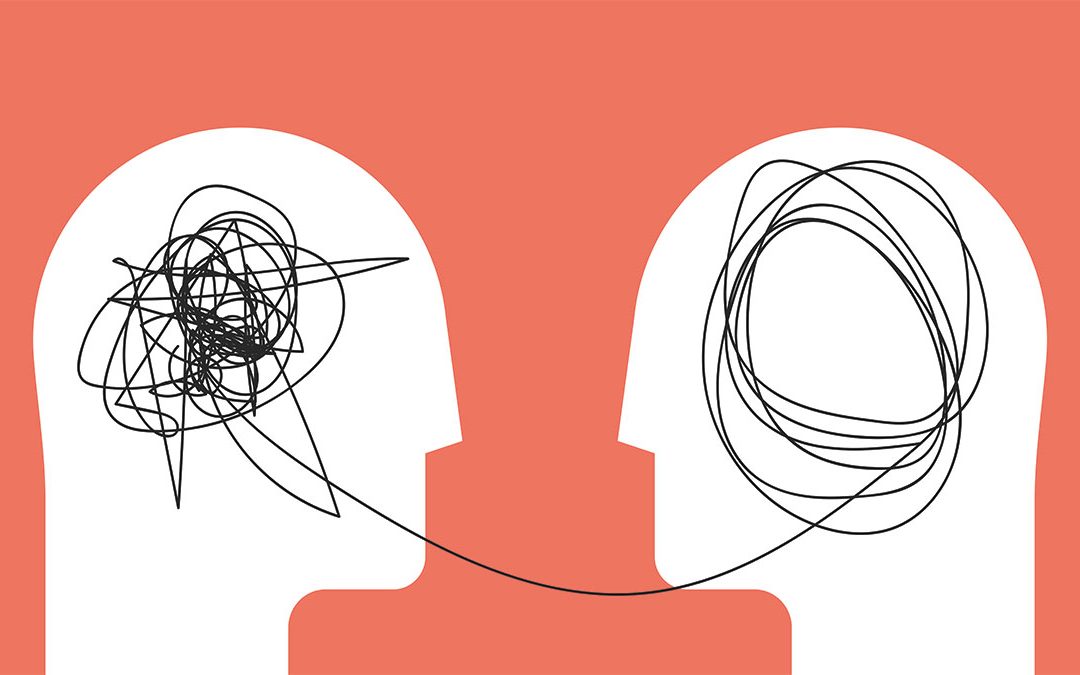Our business environment is dynamic and fast-paced. Customers want flexibility, value for money and reliability; employees are looking to work in a rewarding, empowering and flexible atmosphere where they are trusted by the others around them. Business partners are expecting the firm to be fair in its dealings and stable in its business. Have these changed in any way over time? Not really! However, the nuances have undergone tremendous change.
The nature of the workplace has changed with the advent of technology and the pandemic has accelerated the movement towards automation. Business models are evolving to leverage technology, collaborate with specialists and use experts for specific purposes rather than building everything in-house. The relationships among stakeholders are getting redefined; for example, loyalty is not about the tenure of the engagement; it is the depth and intensity of an engagement irrespective of the tenure. Given this context, how should the leaders shape the culture in their organisation?
Reflecting the changes in our daily lives
All of us are looking for quick results in whatever we do. None of us checked the weather conditions of our city as frequently as we do today; none of us bothered about the traffic ahead as much as we do today; most of us enquire frequently about the estimated arrival time when we travel by train these days. Let’s think of our workplace now!
We want to know every now and then how we are doing at work; our performance data is being published by our organisation with greater frequency than they were published ever before. Our managers keep reminding us often about the importance of performing consistently. And our aspirations to grow our incomes, levels and status are higher than ever before. As a result, the competition to outperform our peers is remarkably high.
Senior leaders have the responsibility of enhancing the long-term strengths of the organisation and delivering value to the shareholders. They have to make the organisation attractive for the talent they are looking for and generate adequate value for not only themselves but also for the employees. To maximise the value for employees and the organisation, we need the right employees to be attracted, developed and retained.
Empathy is the crucial piece in the jigsaw puzzle
Leaders are under constant pressure to deliver results quickly; hence, they are in a greater hurry and impatience than ever before to see the success of their strategic initiatives. They create expectations and performance pressures on people all around them. The stress generated in the organisation challenges employee well-being. A large proportion of the workforce has complained of long work hours while working from home.
In certain organisations, employee collaboration has not been easy with people working from different places. Their communication has suffered; for the new employees, workplace camaraderie has been almost nil. Many managers know of the methods that worked well for them in physical settings to bind the team together and rally them around the organisation’s purpose. However, in today’s context of virtual workspace, those methods do not work; hence, a repertoire of new tools is needed.
What can we do to build an empathetic workplace?
Given this backdrop, the leaders must take additional steps to engage with employees as human beings rather than as purposive instruments capable of delivering productivity. Many leaders do not invest their energies to know about their team members as individuals and their natural traits. As a result, they do not know what techniques will work with the individual to stay focused on the elements that are working well and make some changes in the elements that might need improvement. Horses for courses: we need the right methods for each person.
Secondly, irrespective of what an organisation preaches, the practices get observed and followed; they flow down the ranks. Hence, the empathy shown at the top flows down the ranks.
Some might argue that empathetic behaviour is a human trait and not a skill that everyone can practise. However, the point is that empathy is remarkably important for an organisation today and tomorrow. So, the managers have to accept this reality and hone their skills in being more empathetic. They have to learn to know people as individuals and understand their unique context; converse maturely with the members of his or her team about the positives and negatives of working together; he or she has to deal with successes and failures of the team with empathy and establish the right norms of behaviour in the team.


